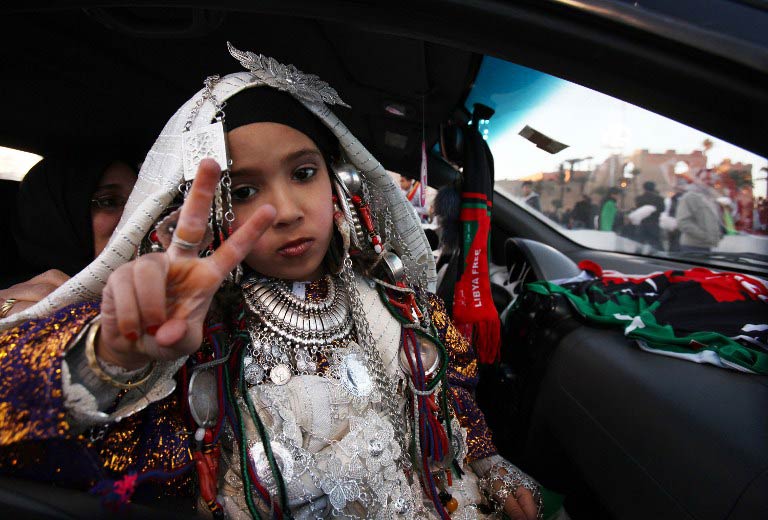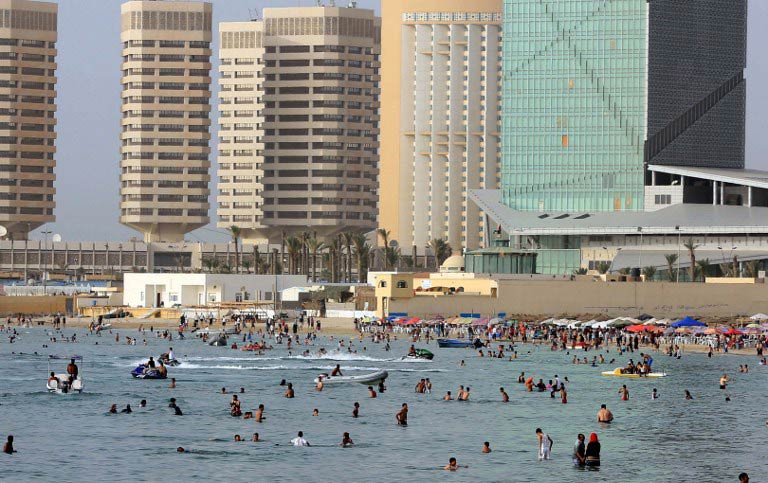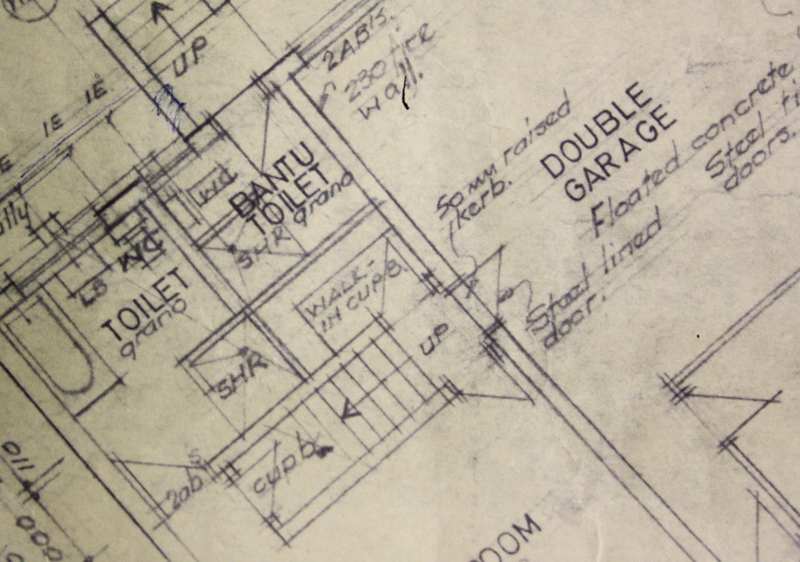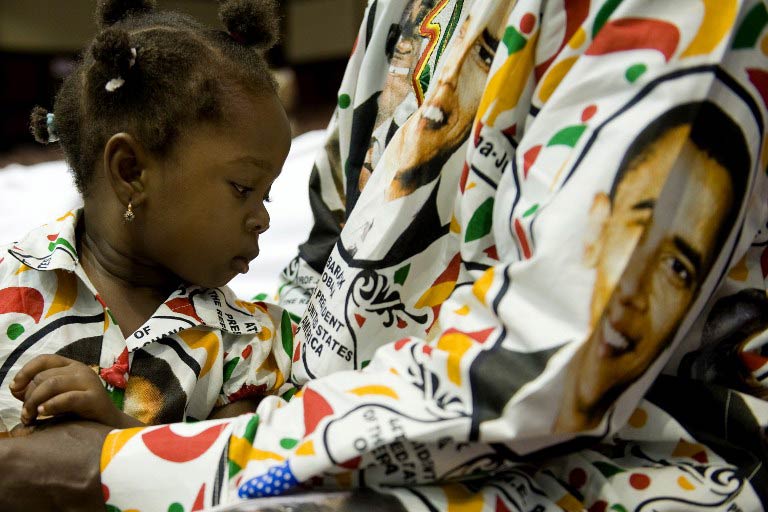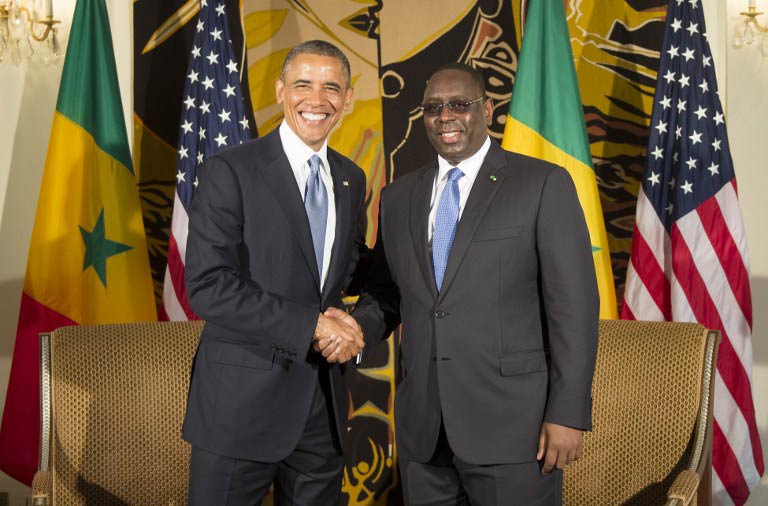His name is whispered in buses, bars and on street corners by Zimbabweans eager for the inside scoop on President Robert Mugabe’s ruling party. One avid follower even climbs a tree in a rural village for a signal to call a friend for the latest tidbits from the mysterious yet stupendously popular character.
Baba Jukwa, or Jukwa’s father in the local Shona language, is a Zanu-PF party “mole” who says on his popular Facebook page that he is disheartened by the “corrupt and evil machinations” of Mugabe’s fractious party.
Since its launch in March, the Baba Jukwa page has at least 230 000 Likes – more than Mugabe’s and Prime Minister Morgan Tsvangirai’s.
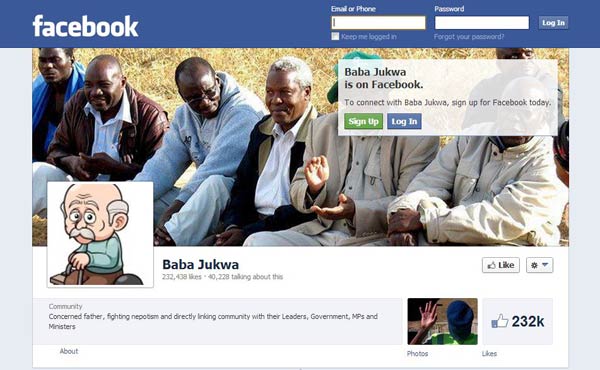
The page reveals what it claims are exposés by well-connected insiders of Mugabe’s health secrets, murder, assassination and corruption plots, and intended intimidation and vote-rigging ahead of upcoming elections scheduled for the end of July.
Zimbabweans who are fans of Baba Jukwa’s page now say they have unfettered access to what they have always wanted to know but never dared ask for fear of being arrested. Under the nation’s sweeping security laws, it is an offence to undermine the authority of the president and national security operatives.
Baba Jukwa claims on the page that there is a bounty on his head, although it is believed there are several authors behind his name because the writing style of the posts changes from day to day.
Inside info
After state-run media loyal to 89-year-old Mugabe said the president made a trip to Singapore for an eye check-up, the Baba Jukwa page stated: “When we welcomed him at the airport yesterday early in the morning our old man, ladies and gentlemen, looked weaned and very weak. It was clear that the chemotherapy process he went through in Far East Asia was still having effect on him.”
The page also said Mugabe was suffering from a severe recurrence of prostate cancer.
With the catchphrase “tapanduka zvamuchose,” a Shona term meaning he has “gone rogue”, Baba Jukwa gives details of secret venues and times of undercover meetings.
Zanu-PF insiders have reported they are afraid to leave important meetings to go to the bathroom in case they are suspected of firing off smart phone texts to Baba Jukwa. The page has reported getting tip-offs from the midst of meetings of Mugabe’s politburo, its highest policy making body, and other confidential gatherings.
Zimbabwe has an estimated 12-million mobile subscribers with 60% estimated to have direct access to the internet through their cellphones, according to commercial company reports from the three main mobile networks.
McDonald Lewanika, director of Crisis Coalition, an alliance of democracy and human rights groups said the Facebook page has provided ordinary Zimbabweans with a platform to access information on secretive state security operations. Lewanika said Baba Jukwa remains anonymous because of the dangers associated with what he is doing.
“It is a bad sign for the country that there’s no free flow of information,” Lewanika told The Associated Press.
The faceless Baba Jukwa vows to end Mugabe’s rule by exposing the alleged involvement of his top officials, secret agents, police and military in the violence that led to disputed elections in 2008 and corruption and internal plotting ever since.
Baba Jukwa says Mugabe won’t be able to withstand a gruelling election campaign.
‘He fabricates lies’
Zanu-PF spokesperson Rugare Gumbo said that his party does not know the identity of Baba Jukwa and other possible contributors.
The posts are factually incorrect, he said. However, some have proven to be correct as events unfold. The distribution of private and secret telephone numbers of security agents and forecasts of political developments have been corroborated in later public statements by Mugabe’s Zanu-PF party.
“Whoever he is, he fabricates lies and is not doing any good to the morality of our society,” Gumbo said.
Baba Jukwa claims Mugabe’s Zanu-PF is incensed by the page, is making desperate efforts to establish his identity and has put a $300 000 bounty on him or other contributors being unmasked. That claim could not be verified.
“They are wasting their time as I am extremely careful and working from within the country and will never go anywhere as long as these evil old people exist I will continue fighting. My blood will water freedom and democracy for Zimbabweans if I die for this cause,” he posted recently.
“Asijiki“, a word in the local language for “we do not retreat”, is the sign-off Baba Jukwa uses at the end of all the posts.
Baba Jukwa has been dubbed “Zimbabwe’s own Julian Assange” by his followers, but he describes himself in the local Shona language as “mupupuri wezvokwadi” (the harbinger of truth).
Leaked information
A former minister from Mugabe’s party was killed in a car wreck on June 19 after a post from Baba Jukwa had warned of an assassination plot against him several times. The page claimed Edward Chindori-Chininga was suspected of being a Baba Jukwa contributor who leaked inside information on infighting in Mugabe’s party.
“I told you there will be body bags coming this year … The war has begun,” Baba Jukwa posted on his wall.
His posts have detailed the correct private phone numbers of police, intelligence chiefs and under-cover intelligence officers and urged readers to call them.
Saviour Kasukuwere, the nation’s black empowerment minister, publicly admitted to receiving least 50 insulting calls a day. Some even went to his children and aging mother.
He said the calls were taking a toll on his family but added: “It’s a price we have to pay for our country”.
Baba Jukwa has promised to revealed his identity in time.
“I assure you will know me in a new Zimbabwe where our government will be transparent,” he said. – Sapa-AP

